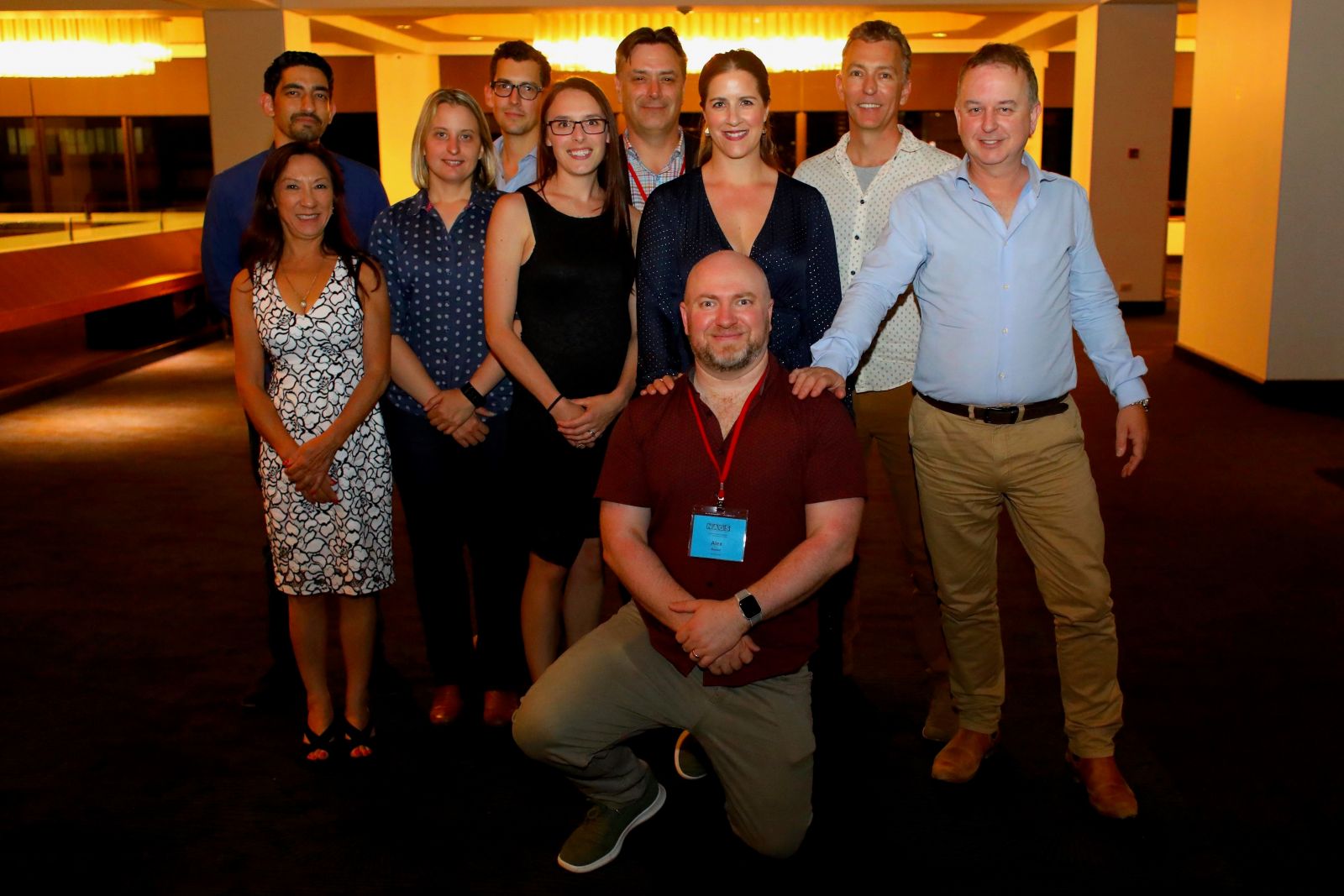

Alex Russell
@OzWineGuy
What are the most challenging aspects of your job?
There are a few challenges in psychology of gambling research. Measuring some things can be very tricky, like how much people have spent on gambling, which is a very important variable. We’re often dealing with low prevalence stuff, or unbalanced designs, or heavily skewed data, or various other things that have pushed me to learn new statistical techniques. I think I’m a masochist as I do actually enjoy that. The field is constantly evolving—gambling operators release new products all the time, so it’s an interesting cat and mouse game at times.
One other thing that makes it challenging is that there are various other researchers with very strong views about the industry. Many other research areas are encouraged to work with their industry, but in gambling research it’s a bit complicated. Some researchers work with (and accept funding from) industry, while others are very anti-industry. This leads to some very public stoushes. The CQU team sit in the middle. We’ll work with industry (to reduce harm) but won’t accept funding from them. I sometimes say that we’re the Switzerland of gambling researchers.
What is the most enjoyable aspect of your job?
It probably sounds cliché but working with a fantastic team. My direct boss, Nerilee Hing, is incredibly supportive. I’m a bit of a stats nerd, so I particularly enjoy working with Matthew Browne, whose stats skills are utterly ridiculous, and he’s more than happy to help me develop my own skills. The Head of the Lab, Matthew Rockloff, recently won an Ig Nobel Prize for some pretty interesting work with crocodiles and gambling and has also been incredibly supportive. I work with each of them on many projects now, and have also enjoyed working with the other staff, students and RAs on various projects. I like to think I give back as much support as I get, although I’m probably in debt. Our team is spread across Australia (CQU has campuses all over the place), but we recently caught up at a gambling conference and had an absolute ball spending time with each other (and, of course, spreading the word on the work coming out of the lab). We had a nice little moment after the conference dinner just reflecting on all of our work as a team, and it just confirmed to me that I’m a) fortunate and b) in the right place.
This also extends to various other colleagues across the uni outside of the lab. There’s a great research culture at CQU, and I’m proud to be a part of it.
Describe a typical day in your job.
I’m on a three-year non-teaching contract, so I’m focusing on the research side of my CV. I taught a lot during my PhD, and will again, so I’m making the most of this time.
My main goal at the moment is to write a few papers, which is something I neglected during my transition from wine to gambling and I am working to rectify it. Our ECR development programs have highlighted the importance of writing first thing in the morning before reading emails (shock horror, I know). I usually finish a day getting ready for that, so when I log in, I have a Google Doc open, ready to go, and a few dot points on what I want to work on in that paper today. I write for about an hour (more if possible), and then write a few more dot points for tomorrow Alex.
After that, I’m into analyses for whatever other papers or projects I’m working on. I try to schedule meetings for later in the day, so that I’m writing when I’m more awake and doing meetings when I’m starting to lag.
The key thing for me is writing. I find that we’ll push ourselves to meet deadlines for teaching, because classes can’t move. We schedule things around classes in our calendar, so I put blocks in my calendar for writing, and set myself deadlines on papers that I am very hesitant to shift. When I started trying this out, I thought I’d struggle sticking to it, but it works for me.
Any advice for EMCRs wishing to pursue a career in this area?
Lots, I guess, but perhaps nothing you haven’t heard before.
© 2025 Australian Academy of Science